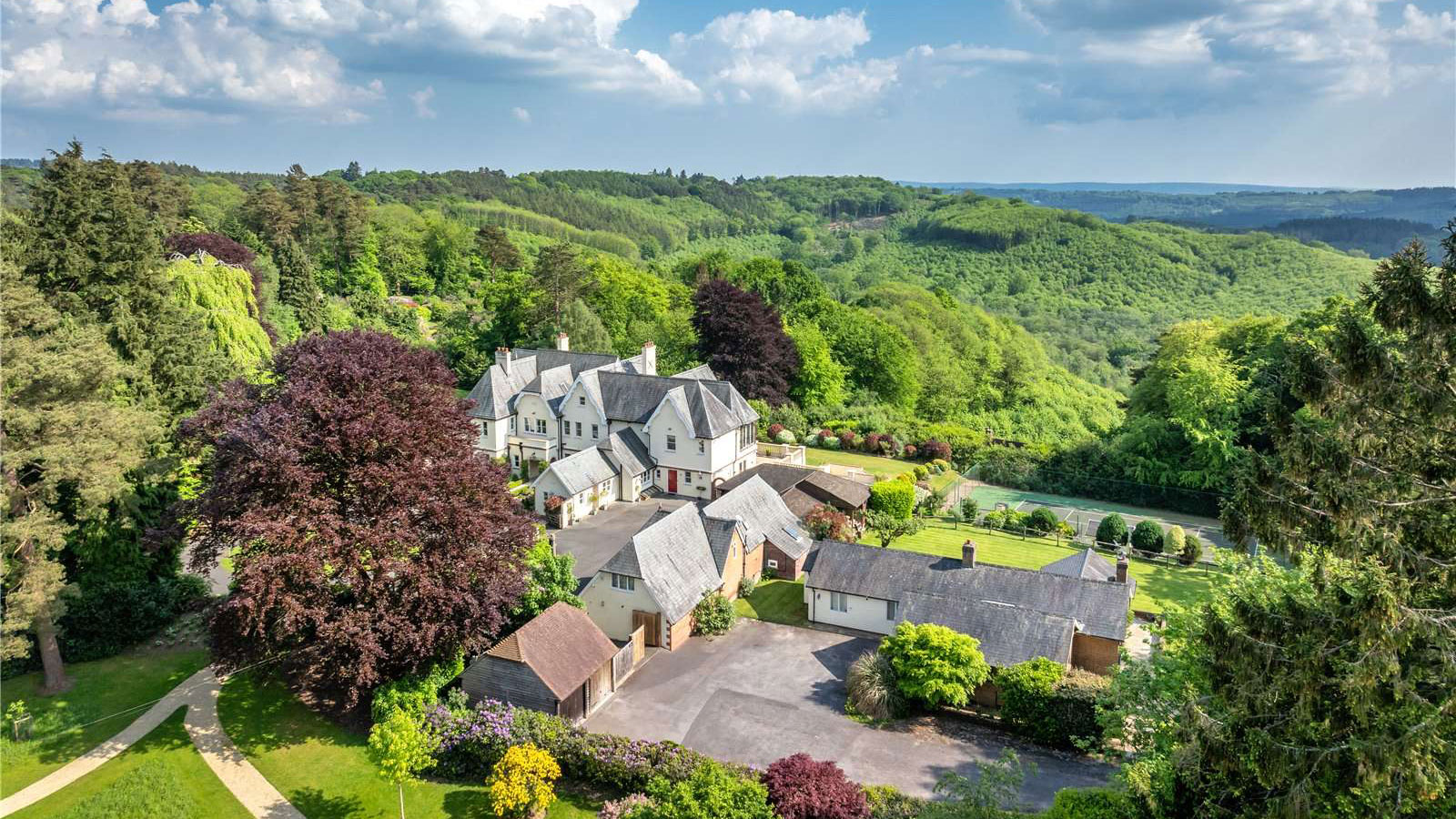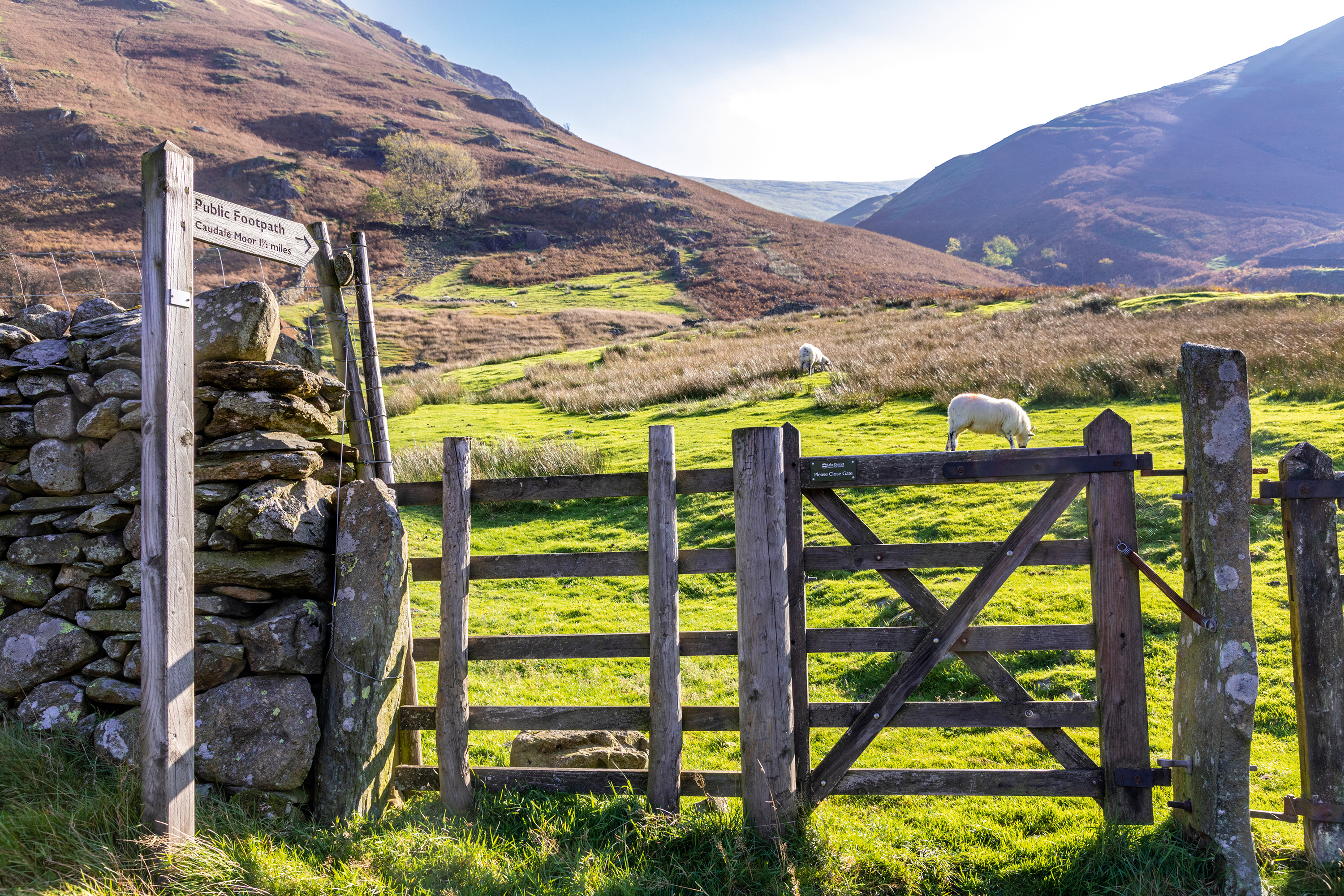Carla Carlisle on reading and reading reviews
Salman Rushdie’s latest tome provokes Carla to consider great writing, indulgent writing, and what it means if you justread the reviews


A New Yorker cartoon, wrinkled with age, is taped above the Aga. Two witches are stirring a cauldron on a moonlit night. One says to the other: ‘What I really hate is knowing that I'm doing this exactly the way my mother did it.' Becoming like my mother isn't my greatest fear. I worry I'm turning into Wanda, mother of my oldest friend. Argumentative and opinionated, she'd become vitriolic, especially on the subject of writers and books.
The dinner table was the battlefield if anyone disagreed with her views, which were expressed with acidic clarity. Only one thing took the air out of the argument. She never actually read the books that roused her furies: she read the reviews. A lifelong subscriber to the NY Review of Books and the New Yorker, Wanda was as fluent and insightful as Joan Didion and John Updike because she was their interpreter. Once in a while, she disagreed with them, siding with Anatole Broyard in the New York Times, and sometimes she put all the reviews in her own cauldron and served up her unique stew of prejudice, outrage and prophetical intonation.
My Wanda moment came to me this week during dinner with friends. Over haunch of venison, I gave a richly detailed account of Salman Rushdie's new memoir Joseph Anton. As the Islamic world is once again in uproar over a cheap film vilifying their Prophet, I felt belated sympathy for the writer of The Satanic Verses. On Valentine's Day 1989, a Muslim cleric introduced the western world to the word fatwa when he condemned Mr Rushdie to death for his allegedly blasphemous novel. And not only the author, but also his editors, agents and booksellers.
I backed up my sympathetic preface with a reminder that the threats against Mr Rushdie weren't idle: bookshops were bombed, his Japanese translator was killed and his Norwegian publisher shot three times. Only last week, they raised the bounty on Mr Rushdie's life to £2 million. Then, having established my warm-hearted liberalism, I went for the bone. Starting with the title. Joseph (as in Conrad) and Anton (as in Chekhov), the pseudonym Mr Rushdie adopted as his exile began, suggest a man with a pretty high opinion of himself. As his memoir is 656 pages long, he dismissed Chekhov's dictum that ‘brevity is the sister of talent'. Mind you, if he had written his account of his exile in first person instead of the entangling third person, it might have been shorter.
Not that I would know. I haven't actually read it from start to finish. To tell the truth, I haven't even held it in my hands. However, I read the review in the Sunday Times by Robert Harris, who begins by saying that the book is beautifully written, before giving a list of the writer's grudges and scores paid, starting with England (Mr Rushdie's years at Rugby School and Cambridge did not endear him to this country). John Le Carré gets five pages of acid rain, but that is snow melt compared with his treatment of his four ex-wives.
The poison pen aimed at his second wife, the American novelist Marianne Wiggins, could provoke a feminist fatwa more terrifying than any death sentence by a turban in Qom. In Ginny Dougary's profile in the Financial Times, Mr Rushdie describes his memoir as a ‘non-fiction novel', in the vein of Truman Capote's In Cold Blood. In fact, there is something cold-blooded about Mr Rushdie. Mr Harris compares him to Capt Dreyfus, another symbol of unjust persecution with ‘a gift for alienating even his most ardent supporters every time he opens his mouth'.
By now, I think Joseph Anton could be my specialist subject on Mastermind, although I confess I never read The Satanic Verses. I did read Midnight's Children. At least, I think I did. But as Mark Twain might have put it, the difference between reading the book and reading the reviews is the difference between lightning and lightning bugs.
Sign up for the Country Life Newsletter
Exquisite houses, the beauty of Nature, and how to get the most from your life, straight to your inbox.
* Subscribe to Country Life and get our Ipad edition for free:
Country Life is unlike any other magazine: the only glossy weekly on the newsstand and the only magazine that has been guest-edited by HRH The King not once, but twice. It is a celebration of modern rural life and all its diverse joys and pleasures — that was first published in Queen Victoria's Diamond Jubilee year. Our eclectic mixture of witty and informative content — from the most up-to-date property news and commentary and a coveted glimpse inside some of the UK's best houses and gardens, to gardening, the arts and interior design, written by experts in their field — still cannot be found in print or online, anywhere else.
-
 Six rural properties with space, charm and endless views, as seen in Country Life
Six rural properties with space, charm and endless views, as seen in Country LifeWe take a look at some of the best houses to come to the market via Country Life in the past week.
By Toby Keel
-
 Exploring the countryside is essential for our wellbeing, but Right to Roam is going backwards
Exploring the countryside is essential for our wellbeing, but Right to Roam is going backwardsCampaigners in England often point to Scotland as an example of how brilliantly Right to Roam works, but it's not all it's cracked up to be, says Patrick Galbraith.
By Patrick Galbraith